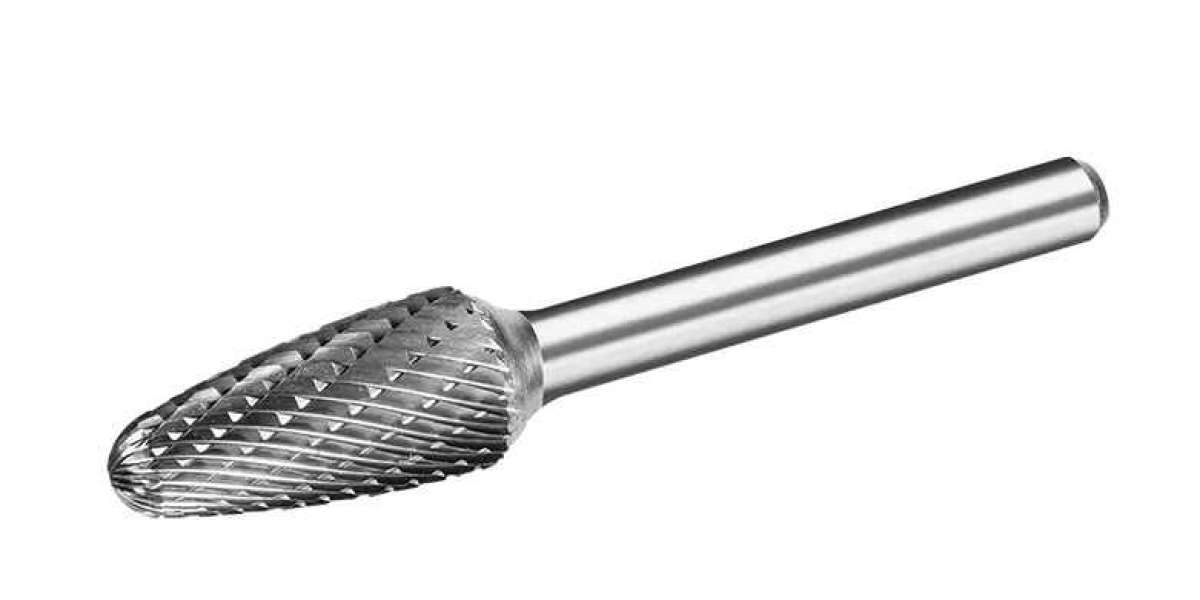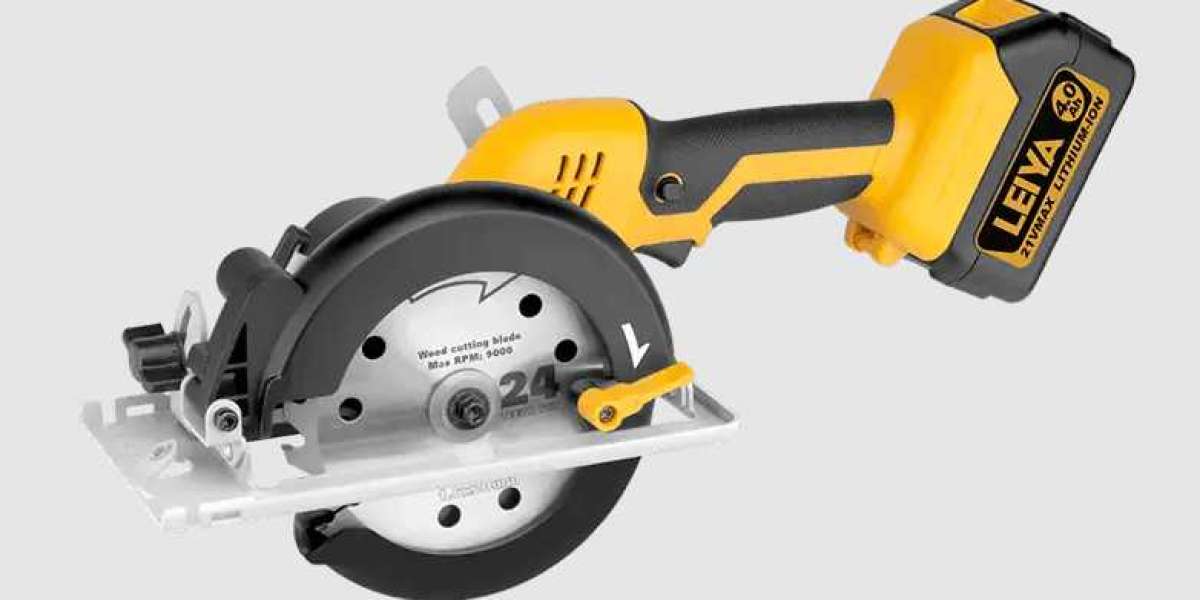The Industrial rotary tool is the unsung heroes of the manufacturing world, quietly performing their tasks with precision and reliability. These versatile machines are the backbone of many production processes, from intricate metalworking to delicate assembly tasks. The term "industrial rotary tool" encompasses a broad range of equipment, each designed to meet specific needs within the industry.
At the heart of every industrial rotary tool is a powerful motor that drives a rotating shaft. This shaft can be fitted with a variety of attachments, known as burs, bits, or cutters, which are tailored to the task at hand. The precision and control offered by these tools are unmatched, making them essential for a wide range of applications.
One of the key advantages of industrial rotary tools is their adaptability. They can be used with a vast array of cutting and grinding attachments, allowing them to tackle tasks that would be impossible or inefficient with traditional hand tools. This adaptability is further enhanced by the ability to adjust the speed and torque of the tool, ensuring that it can be fine-tuned to suit the specific requirements of the job.
The construction of industrial rotary tools is designed to withstand the rigors of heavy-duty use. They are typically made from robust materials such as high-grade steel and aluminum, which provide both strength and durability. The motors used in these tools are often brushless, which offers several benefits over traditional brushed motors. Brushless motors are more efficient, produce less heat, and have a longer lifespan, making them ideal for continuous operation in industrial settings.
Safety is a paramount concern in any industrial environment, and industrial rotary tools are no exception. Many of these tools are equipped with features such as variable speed controls, which allow operators to work at a pace that is safe and comfortable. Additionally, the ergonomic design of the tools helps to reduce the risk of injury by minimizing the strain on the user's hands and wrists.
The versatility of industrial rotary tools is perhaps their most significant attribute. They are used in a wide range of industries, from automotive and aerospace to woodworking and electronics. In the automotive industry, for example, these tools are used for tasks such as deburring, polishing, and cutting intricate shapes in metal components. In the aerospace sector, they are essential for working with the high-strength alloys that are used in aircraft construction.
In woodworking, industrial rotary tools are used for everything from carving intricate designs to shaping and smoothing wood surfaces. The precision and control offered by these tools are particularly valuable in this industry, where the quality of the finish is often a critical factor in the final product.
Electronics manufacturing also relies heavily on industrial rotary tools. The small, delicate components used in modern electronics require precise cutting and shaping, and industrial rotary tools are perfectly suited to these tasks. They can be used to trim excess material, drill small holes, and perform other tasks that are essential in the production of electronic devices.
Maintenance and upkeep of industrial rotary tools are crucial to ensure their longevity and performance. Regular cleaning and lubrication of the tool and its components can extend their service life and prevent costly downtime. Additionally, the use of high-quality attachments can reduce wear and tear on the tool itself, further enhancing its durability.
In conclusion, industrial rotary tools are a cornerstone of modern manufacturing, offering a level of precision and versatility that is unmatched by other tools. Their robust construction, adaptability, and safety features make them an essential part of any industrial workshop. As technology continues to advance, the capabilities of industrial rotary tools will likely continue to expand, further cementing their place in the world of manufacturing.








